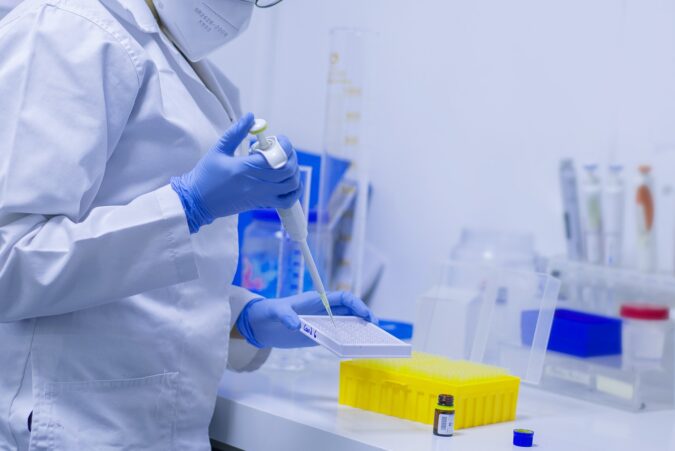Advanced genetic screening of embryos created through IVF is allowing parents pick only the healthiest ones to be brought to birth, a practice that amounts to eugenics.
Wired magazine, an American monthly on new technology and culture, says embryonic selection is not new, but past methods were limited to very few chromosomal abnormalities, or the more or less arbitrary method of how one embryo looked against another.
Now, however, companies such as Genomic Prediction are taking this process much further.
Preimplantation genetic testing for polygenic disorders (PGT-P) means “each embryo is given a health score based on the existing mutations in its genes which could potentially one day be life limiting, and the would-be parents are shown how that score compares against the population average. The ranking takes into account the severity of conditions, if shown, as well as the ethnicity of the embryo, since this can also have an impact on disease incidence.”
Genomic Prediction works with around 200 IVF clinics across six continents. But, cofounder, Stephen Hsu’s, innovations have not always been welcomed, even within the academic-scientific community.
In fact, by mid-2020,” the outrage among graduate students at Michigan State University was loud enough to force Hsu out of his position as vice president at the institution”.
















